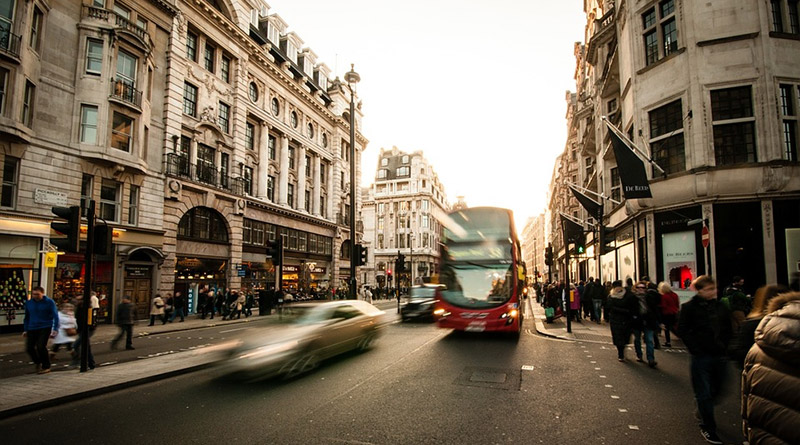Chancellor Reveals Bounce Back Loans Up To £50,000 To Help Small Businesses Hit By Coronavirus Crisis

Chancellor Rishi Sunak has unveiled a new government backed loan scheme for small businesses in a bid to help them “survive” the coronavirus crisis.
Mr Sunak said the 100% government-backed ‘Bounce Back’ loan scheme would be up and running in a week’s time, allowing businesses to borrow between £2,000 and £50,000 interest free.
The Government will underwrite the full amount of the loan in a bid to encourage lenders to get money out the door, and the Treasury promised that the new scheme would be accessible “through a short and simple form”.
The state will also cover any fees and interest for the first 12 months and no repayments will be asked for during the first year.
However, the Chancellor is resisting calls to increase the level of state backing for firms covered by existing loan programmes, despite c Loan terms will be up to 6 years. No repayments will be due during the first 12 months. The government will work with lenders to agree a low rate of interest for the remaining period of the loan.
The scheme will be delivered through a network of accredited lenders.
Eligibility
You can apply for a loan if your business:
- is based in the UK
- has been negatively affected by coronavirus
- was not an ‘undertaking in difficulty’ on 31 December 2019alls from some MPs for him to go further.
WSTA Chief Executive, Miles Beale, comments:
“This new support announced today by the government, whereby small businesses can apply for 100% government-backed loans amounting to 25% of turnover up to £50,000 is welcome, and may support the continued survival of businesses across the wine and spirit industry.
“However, as we have said before, much of the announced support amounts to loans which will need to be paid back. In this instance, a ceiling of £50,000 is low and the government could have gone further.
“The burden of additional debt is particularly unattractive to businesses in the supply chain who are yet to enjoy the government support afforded to other hospitality businesses in the form of grants, but for whom, just like pubs, bars and restaurants, sales have been reduced to zero practically overnight.
“We have been clear that what these businesses need is for the government to recognise their value in the same way they have other parts of the hospitality sector. It may well be the case that these businesses will be the last to be permitted to re-open, and even when they are allowed to begin trading again it is likely they will still be forced to operate at reduced capacity or be tightly restricted. This impact will be felt just as much by businesses in the supply chain.
“The government must extend business rates exemption and availability of government grants to businesses in the on-trade supply chain, by broadening its definition of hospitality to include them. This would represent a much more supportive measure.
“The government must recognise that persisting with such a narrow definition of hospitality is harmful – there will be no hospitality sector without the businesses that keep pubs, bars and restaurants stocked”
